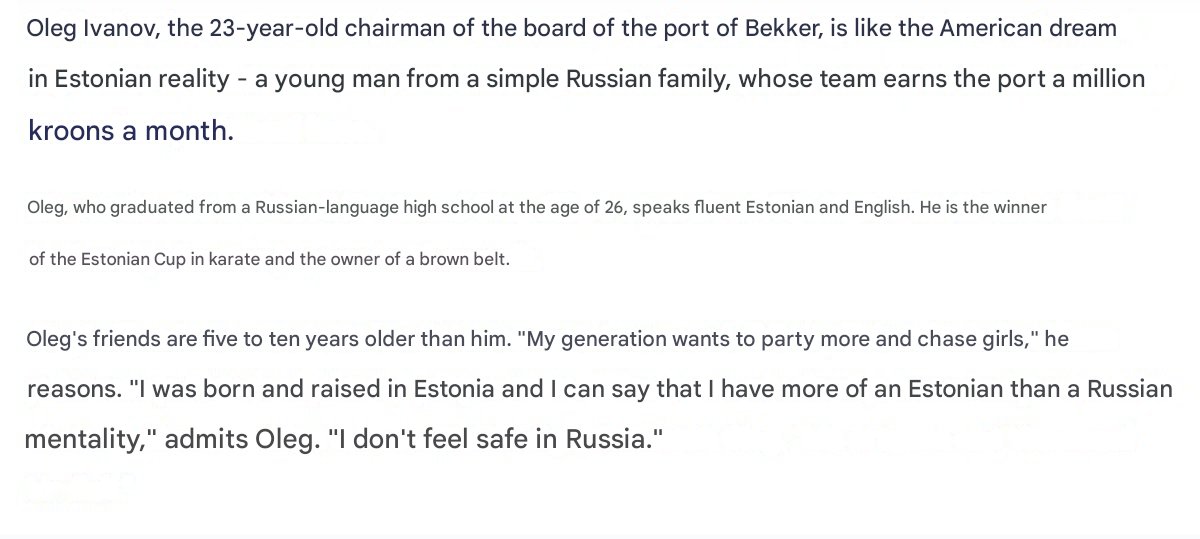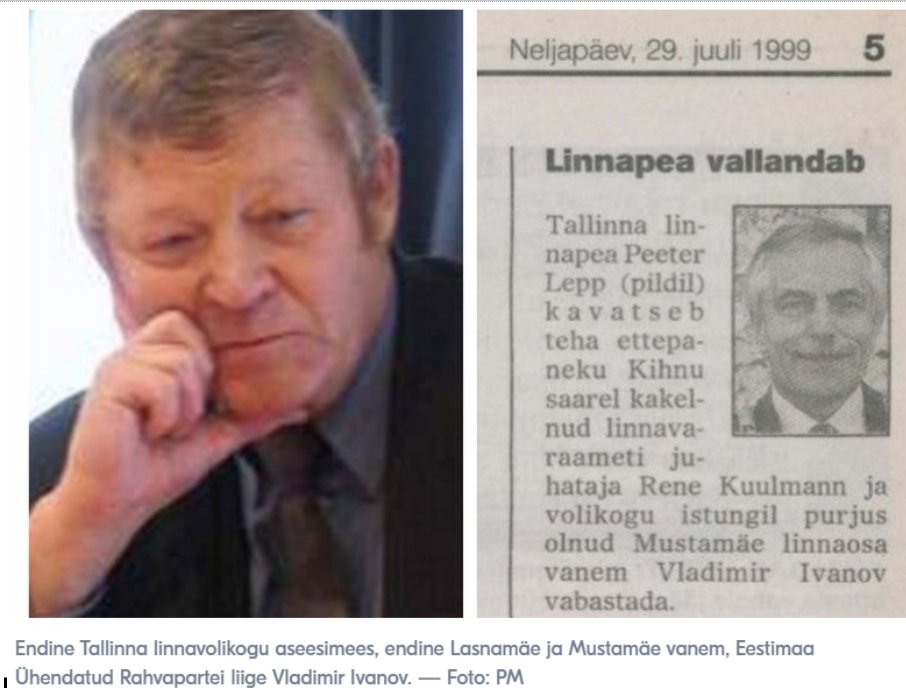In today’s Vatnik Soup, I’ll talk about the takeover of social media by illiberal, populist influencers. For the last ten years, social media has been dominated by these voices and it is one of the main reasons for the political rise of people like Trump and Orban.
1/25
1/25

“Illiberal populists” like Trump reject democratic norms while claiming to speak for “the people.” They centralize power, attack institutions, and push nationalism over rights. Elections exist, but checks & balances erode. This is democracy in name, autocracy in action.
2/25
2/25

The media landscape has changed drastically over the past two decades. The Internet and social media have changed how we interact online & how we consume media,but it has also become our main source of news. In many ways,social media companies have control over information.
3/25


3/25



In the early days, platforms like Facebook, Twitter, and YouTube gave diverse voices a chance to challenge mainstream narratives. But all of these companies had a problem – how to make money with all this? In the beginning, most of these companies were bleeding money.
4/25


4/25



The solution for this was of course targeted ads. Once platforms like Facebook had enough information about us, they could make sophisticated guesses about what type of products or services we’d enjoy, and offered us ads based on that information. But for this to work,…
5/25


5/25



…the platform needed two things: 1) data that we shared, and 2) people spending more time on their platforms. The data part was easy, as people were more than happy to share information about their lives. For the latter, you needed something called recommendation algorithm.
6/25

6/25


Today’s recommendation algorithms prioritize engagement over safety. They analyze what you like, share, and comment on to predict what will keep you scrolling. This creates a feedback loop that reinforces your biases, shaping your experience without you realizing it.
7/25

7/25


For conspiracy theorists and anti-establishment thinkers, these algorithms were like horse tranquilizer to big tech billionaires, and it got them HOOKED. Russia was the first actor to realize this and used it large-scale to affect people’s worldviews in the West.
8/25


8/25



But other influencers like Kim Dotcom, Russell Brand, and Ozempic-Alex (Jones) soon followed, as they realized that they could amass large online audiences by spreading bullshit. And over time, other illiberal content creators mastered engagement, using outrage,…
9/25


9/25



…sensationalism, and algorithm manipulation to dominate social media feeds. Joe Rogan became the world’s biggest podcaster by fueling conspiracy theories and outrage, and his political shift to the right was evident to some of us years ago.
10/25
10/25

Here on X/Twitter, illiberal and populist accounts dominate the engagement when it comes to politics and news. Elon by far has the biggest reach, followed by accounts like @libsoftiktok, @endwokeness and Kremlin-paid pro-Trump propagandist @bennyjohnson.
11/25
11/25

The podcast world is also absolutely dominated by the illiberal creators. The images below illustrate this shift: influencers like Joe Rogan, Charlie Kirk and Russell Brand have massive audiences, while liberal figures have comparatively smaller followings.
12/25
12/25

Illiberal populists have mastered these tactics, using emotionally charged narratives to keep their audiences engaged. The more engagement a post receives, the more the algorithm boosts it, creating a self-reinforcing cycle of outrage and radicalization.
13/25



13/25




At the same time, long-form investigative journalism has moved behind paywalls, making it less accessible and in today’s economy, it’s almost a luxury. Meanwhile, clickbait, short-form videos, and algorithm-driven outrage dominate the public’s attention.
14/25
14/25

Like Trump, many illiberal influencers also challenged the idea of truth, and especially fact-checking. Again, their content prioritized emotions over factuality, and today the truth doesn’t even matter anymore as long as the information reinforces one’s worldview.
15/25
15/25

In the US, media polarization has reached extreme levels, with entire segments of the population inhabiting completely different informational realities. Illiberal, pro-Trump media ecosystems frame mainstream institutions as corrupt, fostering deep distrust in journalism.
16/25

16/25


And Trump played a massive role in this shift. Starting already in 2015-2016, he attacked traditional media by labeling them “fake news,” undermining trust in reputable journalism. This narrative became a core part of his political identity.
17/25
17/25

By relentlessly attacking outlets like CNN, The New York Times, and The Washington Post, Trump primed his supporters to reject any reporting critical of him. Instead, they turned to illiberal media and influencers for “real” news.
18/25

18/25


Fast forward to today, and Trump isn’t just calling the media “fake” — he’s openly demanding the shutdown of outlets like CNN and MSNBC. What started as delegitimization has escalated into calls for outright censorship. So much for freedom of speech.
19/25
19/25
This trend isn’t just in the US. Populist movements worldwide – from Putin’s Russia to Modi’s India and Orbán’s Hungary – have leveraged social media’s engagement-driven algorithms to amplify their messages and solidify their power.
20/25

20/25


At the same time, the owners of major social media platforms are shifting policies to favor illiberal narratives. Elon Musk, Mark Zuckerberg, and Jeff Bezos are shaping their platforms to align more with illiberal media and political interests.
21/25
21/25

Since Trump’s return to power, Musk has openly engaged with far-right figures on X, reinstated banned extremists, and reduced moderation efforts. Zuckerberg’s Meta has also adjusted its algorithms, favoring viral political content that often leans right.
22/25
22/25

This consolidation of power – where billionaire tech moguls control the flow of information – raises serious concerns about the future of democracy and journalism in the digital age. Especially when these billionaires align strongly with authoritarian leaders like Trump.
23/25
23/25

And what about liberal creators? Outside of TikTok, where influencers like Luigi Mangione are praised and Gal Gadot is demonized, few stand out. In the US, the Democrats have totally lost the connection to their voter base and don’t even have a real message anymore.
24/25
24/25
To conclude, illiberal and populist political forces saw the power of social media a long time ago, whereas the liberals relied too much on the status quo, which led to a total media takeover by the former.
And today, we are seeing the results of this.
25/25
And today, we are seeing the results of this.
25/25

The 2nd edition of “Vatnik Soup — The Ultimate Guide to Russian Disinformation” is officially out!
You can order your copy here:
kleart.eu/webshop/p/vatn…
You can order your copy here:
kleart.eu/webshop/p/vatn…
• • •
Missing some Tweet in this thread? You can try to
force a refresh
































